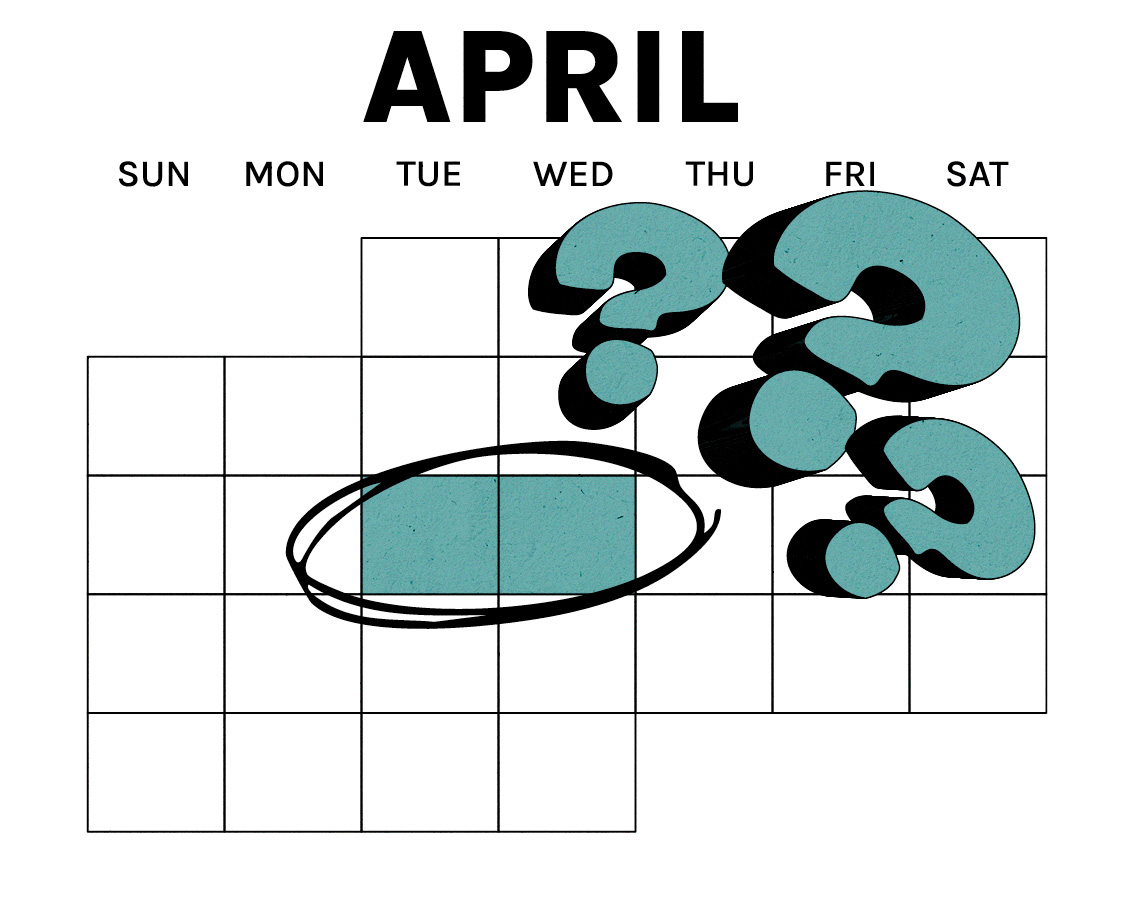Annually, Tulane University students receive a couple of days off class during the university’s Lagniappe Days. Traditionally, this two-day break takes place during Fat Tuesday and the Monday preceding it, allowing students to celebrate Mardi Gras festivities in full. However, due to Fat Tuesday coming late this year, Mardi Gras and spring break were combined. As a result, the Lagniappe Days were not held during the week of Mardi Gras. Instead of not having the Lagniappe Days at all this year, the university decided to hold it in the middle of April.
While students are likely relieved with the upcoming break, the timing of the Lagniappe Days presents one issue: They fall on a Tuesday and a Wednesday. So, instead of being closed for a long weekend, the university will hold classes on Monday. The timing of these days off is nonsensical. It presents the unfortunate choice to either miss Monday classes or not fully capitalize on the Lagniappe break and a normal weekend off.
This dilemma is further complicated for the many Jewish students at Tulane. The Lagniappe Days fall during the week of the Jewish holiday of Passover, providing students with an opportunity to travel home and celebrate the holiday with their families. Ideally, students would want to be home for the first two nights of the holiday, during which the Passover seder, an important ritualistic meal, takes place.
The first two nights of the holiday occur on the Saturday and Sunday before the Lagniappe Days. Students must decide between going home for the seders, then returning to school for class on Monday and traveling back home Monday night for the Lagniappe Days or missing out on two days at home and sparing themselves additional travel costs.
Professors are also affected by this untimely break. Since many students will skip Monday classes, professors can either cancel class, hold it virtually or hold it in-person, knowing many students may not be present. None of these options are ideal.
The reason for having this break on Tuesday and Wednesday instead of Monday and Tuesday may stem from the fact that Tulane already gave students a Monday off for Martin Luther King Jr. Day.
However, that holiday was last semester, so even though students would have lost another day of Monday classes, they are on a different schedule. Additionally, if providing us with a second Monday off was really an issue, perhaps having the Lagniappe Days on Thursday and Friday of that week would have been more sensible, allowing for a long weekend.
The timing of the Lagniappe Days is causing unnecessary stress among students and faculty members. It is a strange decision that will undoubtedly place unnecessary stress on students in the weeks before finals, a time that is already stressful.



